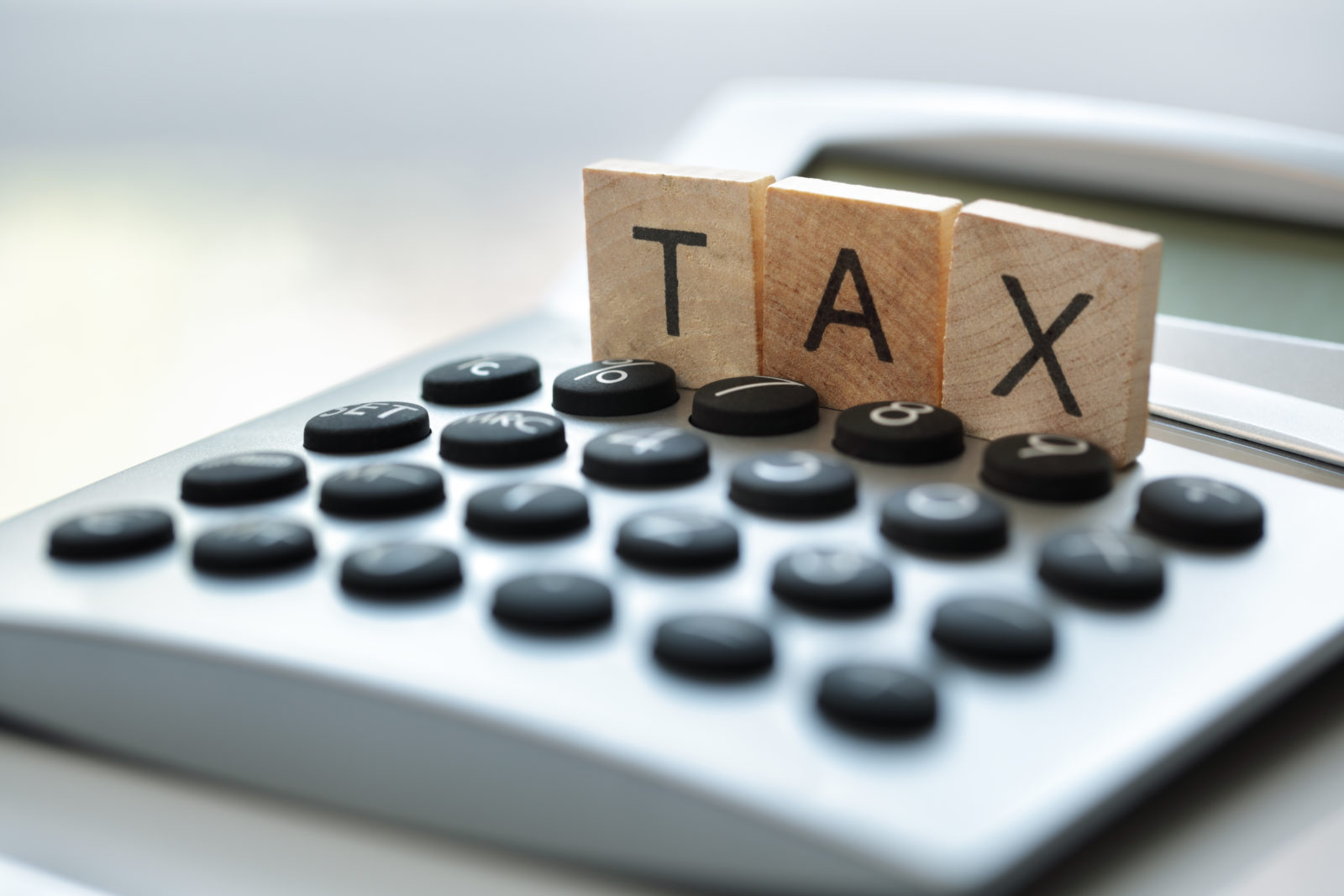


Ashok Hariharan[/caption]
A new Anti-Tax Avoidance Department has been incorporated within Oman’s newly restructured Tax Authority – a measure seen by experts as reflective of the government’s resolve to bolster tax revenue collection amid a decline in earnings from oil and gas exports.
The new unit is one of several striking features of the Sultanate’s autonomous Tax Authority, which was established by Royal Decree last October. Until recently an organ of the Ministry of Finance, the new Tax Authority is now helmed by a ‘Head’ with the rank of a minister who reports directly to the Council of Ministers.
A notable feature of the structure of the revamped Tax Authority is a dedicated ‘Anti-Tax Avoidance’ unit, according to a well-known Muscat-based tax expert.
“The new Anti-Tax Avoidance Department has been created with a clear focus on improving tax compliance,” said Ashok Hariharan (pictured), Partner and Head of Tax -- KPMG Lower Gulf.
Speaking during a recent webinar on tax-related developments in the Sultanate, he said the restructured Tax Authority’s foremost priority is to enhance tax efficiency and boost tax compliance.
In addition to the creation of a Deputy Head, the new Authority also features, for the first time, a new Directorate General of Planning and Tax Policies, as well as a Cyber Section. Both new departments report directly to the Head of the Tax Authority, said Hariharan.
Furthermore, the Directorate General of Assessment and Investigation that was part of the erstwhile Secretariat General of Taxation has now been divided into two directorates, reporting to the Deputy Head of the Tax Authority. At the same time, the Large Tax Payer Unit that was a feature of the old entity has been done away with, he noted.
Also scrapped is the Department for Indirect Taxes. However, responsibility for indirect taxes, including the much-anticipated Value Added Tax (VAT), will be assumed by two directorates that will oversee both direct and indirect tax matters.
Underlining the new vigour with which the new Tax Authority has been performing its core function, fuelled partly by a mission to offset the decline in revenues from hydrocarbon exports, the agency has adopted robust practices in its dealings with taxpayers, according to the expert.
“We are witnessing an aggressive and fast track disposal of assessments and objections,” he said. “There is a significantly enhanced scrutiny of related party transactions; Documentary evidence that is necessary to substantiate arms-length pricing is becoming significantly onerous. Also, there is a clear preference for seeking information on profits actually earned by related parties across the supply chain. We are aware that the Tax Authority is sourcing information about income that is possible escaping taxation from sources such as suppliers, customers, contractors, and government organisations.”
Given this strident approach adopted by the Authority in the collection of taxes, tax payers are advised to be suitably “prepared in the coming months for a strict audit of their tax returns and withholding tax obligations”, he added.
Oman Observer is now on the WhatsApp channel. Click here



